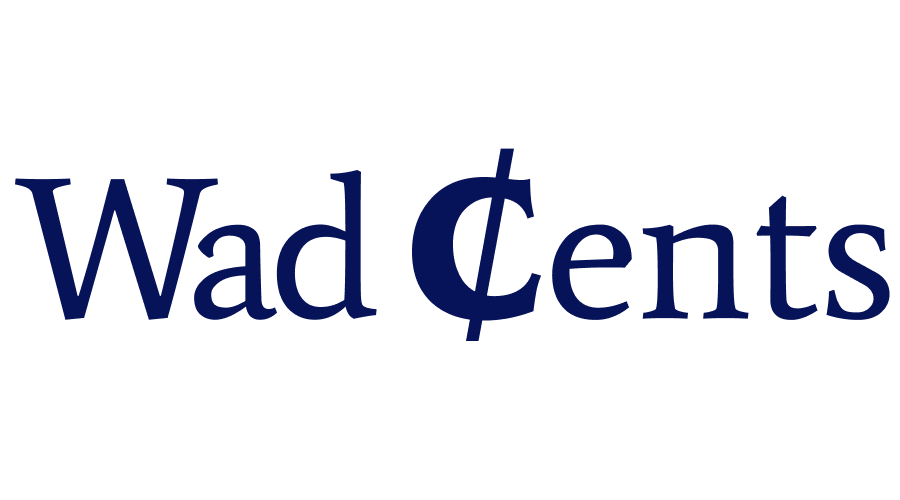If you are getting late in paying bills or you have a financial emergency, one of the options you might have is a 401(k) loan. You can take a 401(k) loan against your retirement savings plan and is often a better option than taking a personal loan.
However, one of the worries that people have about taking a 401(k) loan is the impact it will have on their taxes. Do you have to claim a 401(k) on your taxes?
You do not have to claim a 401(k) loan on your tax return. Usually, any money borrowed from a 401(k) plan is tax-exempt, as long as you pay back the loan on time. But, if you default on your 401(k) loan, there may be tax consequences.
How will a loan from my 401k affect my taxes?
A 401(k) loan is not considered a taxable distribution as long as you repay it on time. Any amount you borrow against your retirement savings won’t be included in your taxable income for the year in which you took the loan.
When making 401(k) loan repayments, you do so using after-tax dollars, and you won’t get a tax deduction on your tax return. This is in contrast to traditional 401(k) contributions, which are made with pre-tax dollars, and participants can claim a tax deduction to reduce their tax liability.
Additionally, when repaying the loan, the loan interest goes back to your 401(k) account, and it is done using after-tax dollars. Again, you cannot claim a tax deduction on the interest payments.
However, if you default on the terms of the loan set by your plan, the outstanding balance can be considered a distribution for income taxes. In this case, you will owe income taxes on the “distribution”, and an additional 10% penalty tax if you are under 59 ½. When this happens, you must include the distribution in your tax return for the year.
Is a 401k loan considered income?
When you take a 401(k) loan, you are essentially borrowing against your 401(k) retirement savings, and the loan amount is not considered taxable income, as long as you meet the repayment terms set by the retirement plan. Hence, you won’t be required to include the loan as an income on your tax return.
However, if you default on the loan terms set by the employer’s plan and the IRS, the outstanding balance will be treated as a distribution/income for income taxes. When this happens, the distribution will be subject to income taxes, and you won’t need to make further loan payments.
Does a 401k loan count as debt?
A 401(k) loan is not considered a traditional debt in the same way a personal loan or credit card debt is treated. Since you are borrowing against your retirement savings, the loan is secured by the balance in your 401(k) account.
The loan amount won’t be reported to credit bureaus, and it won’t appear on your credit report. Hence, it won’t have an impact on your credit score.
Since you are borrowing against your retirement savings, your 401(k) money acts as the security for the loan, and you won’t be required to pledge other assets as security. In the event of default, the 401(k) plan won’t take over your personal assets in a bid to recover the loan amount. Instead, the outstanding balance is considered a distribution for income taxes, and it is deducted from your 401(k) balance.
Can I convert a 401k loan to a withdrawal?
While you cannot directly convert a 401(k) loan into a withdrawal, you may have some options.
If you are struggling to keep up with the loan repayments, you can opt to voluntarily default on the 401(k) loan, and the unpaid 401(k) loan will be considered a distribution. The distribution is subject to income taxes and an additional 10% penalty tax if you are under 59 ½.
Some 401(k) plans may have the option to declare the outstanding 401(k) balance as a hardship withdrawal in specific circumstances. You must be facing an immediate financial hardship such as uninsured medical expenses, foreclosure or eviction, funeral expenses, college education expenses, or buying a primary residence. If your 401(k) plan allows hardship withdrawals, and your specific situation is eligible, you can convert the unpaid 401(k) loan into a hardship withdrawal.
If you convert your 401(k) loan into a distribution or hardship withdrawal, beware of the tax consequences. The withdrawal is subject to income taxes, and if you are younger than 59 ½, you will owe an early withdrawal penalty.
401k loan repayment rules
The specific 401(k) loan repayment rules may vary depending on the terms of your 401(k) plan, but there are certain general rules outlined by the IRS.
First, 401(k) loans have a repayment period of up to 5 years when you must repay the loan in full. However, if you are borrowing to purchase or build a primary residence, the repayment period can go up to 15 years. You can pay the loan in full earlier before the expiry of the repayment period without incurring a prepayment penalty.
Secondly, 401(k) participants are required to make regular loan repayments, usually monthly or quarterly. The loan payments comprise both principal and interest payments. The interest you pay is usually one point or two plus the prime rate.
Thirdly, loan repayments are made with after-tax dollars, and you won’t get a tax deduction when you make loan repayments. The employer will deduct the loan repayments from your paycheck, through automatic payroll deductions.
When you take a 401(k) loan, you should take into account the impact it will have on your investment portfolio. The money taken out of your retirement money can result in missed investment gains, which can jeopardize your long-term retirement strategy.
Conclusion
A 401(k) loan is not considered taxable income, and you don’t have to claim the loan on your tax return. You should follow the repayment terms provided by your employer’s 401(k) plan to avoid triggering taxes.
If you default on 401(k) loan payments, the outstanding loan balance will be considered a distribution, which is subject to income taxes and possible early withdrawal penalties depending on your age.
Before taking a 401(k) loan, you should weigh the advantages and drawbacks of a 401(k) loan, and the alternative options.


